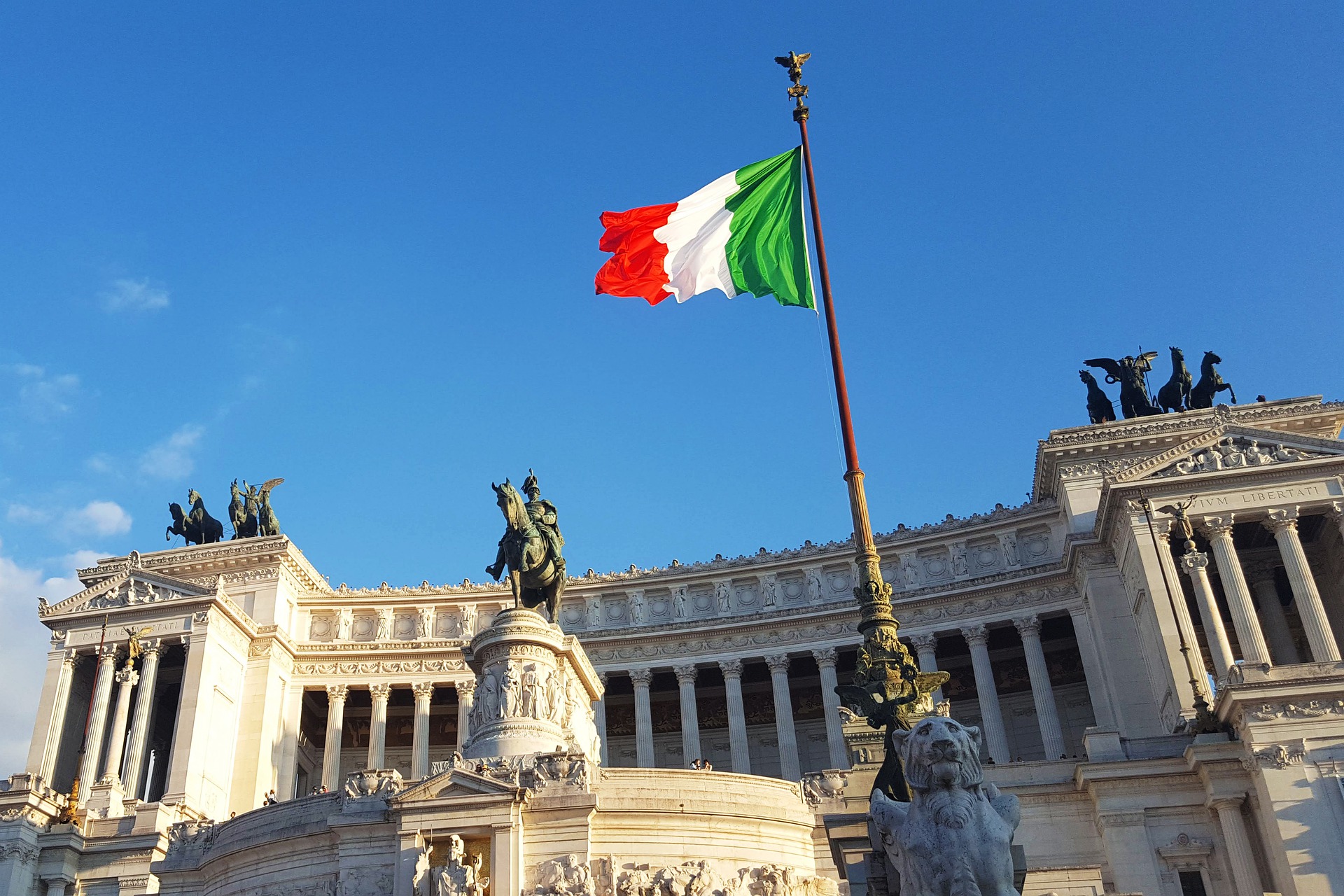With its poor track record of managing EU funds, Italy’s recovery plan will be a major test for the future of EU policymaking more generally. While it is widely agreed that Prime Minister Mario Draghi must remain on the scene to oversee the plan’s implementation, in what capacity would he be most useful?
NEW YORK – In January 2022, the Italian parliament (together with regional representatives) will cast secret ballots to elect the country’s next president, and its choice will have much wider implications than most people realize. In fact, we have identified the Italian presidential election as one of the three votes that could determine the fate of the European Union in the coming years – the other two being the German federal election held in September and the French presidential and parliamentary elections next April and June, respectively.

It is generally believed that the Italian president performs only a ceremonial role (like the German president). In fact, although the Italian constitution establishes the Republic as a parliamentary democracy – with the government dependent on the confidence of the elected legislature – that system obtains only during periods of relative “tranquility.” When the political system is dominated by well-functioning parties that are capable of securing a solid majority in parliament, the president’s role is relatively marginal. But in “turbulent” periods, when the political system is weak and incapable of delivering viable solutions, the president becomes a deus ex machina.
The two most important tools at the president’s disposal are the power to appoint the prime minister and approve the prime minister’s cabinet; and the power to dissolve parliament after having “heard” the speakers of the two chambers. Moreover, as the signer of virtually all laws and decrees, the Italian president also has the power to send legislation back to parliament. The president also serves as commander in chief of the army and as the head of the governing body of the judiciary.
Owing to these roles, it has long been recognized that there are two lines of command in Italy. The first is headed by the prime minister, who exercises power through government ministers and the wider political system. The prime minister is formally in charge of domestic affairs and has the greatest impact on people’s daily lives. Political legitimacy is key to the functioning of this office.
The second line of command is more institutional (and implicit) than political. The president is responsible for Italy’s relationship with Europe (including its adherence to EU treaties and rules) and with allies like the United States. The president wields influence through the technocratic structures of the Ministry of Economy and Finance, particularly the all-powerful Accounting Office (Ragioneria Generale dello Stato) and the Bank of Italy. On past occasions when the Italian political system seemed to veer toward populist anti-European positions, it was the president who reassured allies of the country’s ongoing commitment to international agreements.
The article's full-text is available here.

 Author:
Author:









